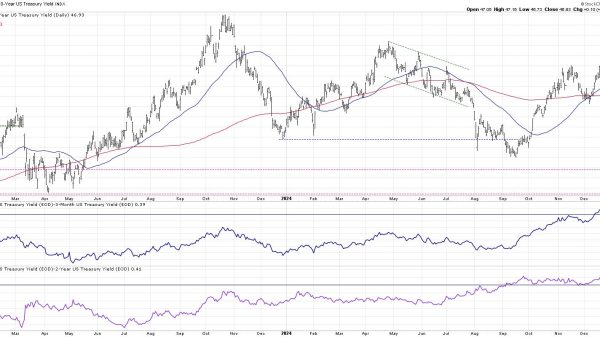The government’s continued failure to produce a strategy for the vital semiconductor industry puts Britain’s status as a leader in the tech sector at risk, sector stalwarts have warned.
In a letter to the prime minister, signatories including Hermann Hauser, the founder of Acorn, which spun out the semiconductor giant Arm; Jillian Hughes, network director at NMI, which represents the semiconductor sector; and industry groups TechUK and Global Tech Advocates spelt out their frustration at the lack of any plan after two years of waiting.
“Semiconductors are the vital components that power our lives every day. Britain has traditionally been a world leader in the field — home to world-leading chip design companies and leaders in the compound semiconductor segment,” they wrote. “Confidence in the government’s ability to address the vital importance of the industry is steadily declining with each month of inaction.”
The shortage of semiconductors during the pandemic halted manufacturing in some sectors and caused a scarcity of electronic goods, though this raised awareness of their critical importance.
The US has put $50 billion behind its microchip industry and the EU has put in more than €43 billion, with a view to doubling its global market share in semiconductors to 20 per cent by 2030.
The letter said: “The issue bears relevance to geopolitical affairs, too. Taiwan produces over 90 per cent of the world’s advanced chips and has commanded significant influence as the most fruitful manufacturer of semiconductors. Given this nation is at the centre of tensions between China and the West, it is paramount that global dependence on Taiwan is addressed.”
In a separate intervention, TechUK, the industry trade body, has set out a five-point plan of what it would like to see from the government strategy whenever it emerges, asking the government to focus on the UK’s strength in semiconductor design and intellectual property. The plan includes encouraging investment, and addressing skills and funding gaps.
“If the UK government is to fulfil its ambition to become a science and technology superpower, we need to be a global player in the semiconductor industry,” it said.
A spokeswoman for the Department of Digital, Culture, Media and Sport said: “Our strategy will be published as soon as possible. We are reviewing our domestic capabilities to develop a new semiconductor strategy which will grow the sector further and make sure our supply chains remain resilient.”
Read more:
Technology leaders press the PM on semiconductor policy























